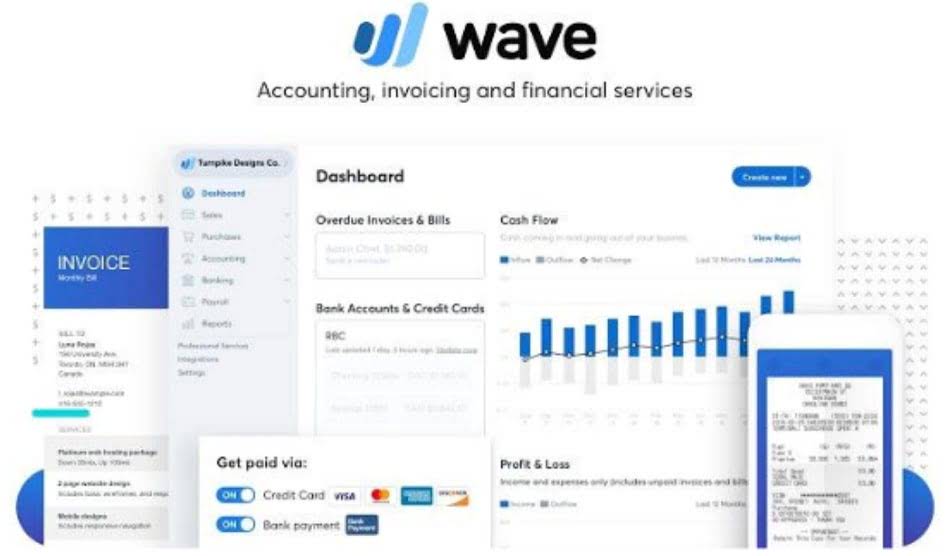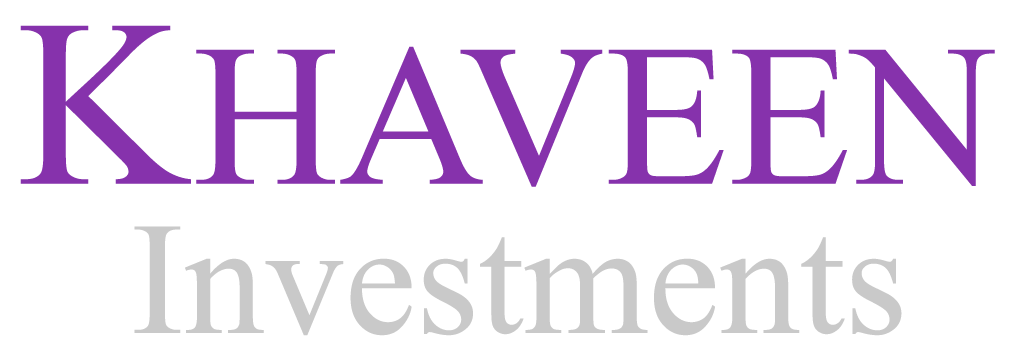- June 16, 2020
- Posted by: admin
- Category: Bookkeeping

Accounting is the practice of tracking your business’s financial data and interpreting it into valuable insights. This allows you to generate crucial financial statements, such as a balance sheet, cash flow statement, and profit and loss report. It sounds simple, but in reality, a lot of behind-the-scenes work goes into accurately reporting on a business’s financial state. Financial accounting refers to the processes used to generate interim and annual financial statements. The results of all financial transactions that occur during an accounting period are summarized in the balance sheet, income statement, and cash flow statement. The financial statements of most companies are audited annually by an external CPA firm.

Compliance with tax regulations
Xero offers excellent payment systems for bookkeeping and accounting services and has countless app integrations, support services and live chat options. You can also What is bookkeeping schedule payments and automate various processes to ensure you’re on top of your expenses. Learn more about the features of this software by reading our complete Xero review.

Analyzing when to start capitalizing development costs
This means understanding how much money a company makes, how much it spends, and where it stands financially at any given time. Proper accounting helps businesses avoid financial mismanagement and ensures that they are complying with local tax regulations. Accounting software is one of the easiest, most cost-effective ways for solopreneurs and small-business owners to get the hang of accounting. Using in-house accounting software, business owners track their finances, organize their income and expenses and generate accounting statements that inform their business decisions.
- That said, most employers prefer candidates with a degree in business, accounting, or economics.
- The three most common components of a financial statement are the balance sheet, the income statement, and the statement of cash flows.
- This type of accounting manages a company’s daily financial activity while setting long-term financial goals.
- Eventually, your business could be big enough to justify an in-house accounting team — which could use robust enterprise accounting software to track and analyze your business’s finances.
- It’s important to establish effective bookkeeping and accounting practices to manage your company’s financial health.
- Let’s say a client just paid their invoice online, or money was withdrawn from your checking account to pay a utility bill.
Financial accounting
- A business bank account is a separate account used specifically for business transactions.
- Accounting is the medium of recording business activities and it is considered a language of business.
- The answer lies in Accounting—a systematic process of recording, analysing, and reporting financial transactions.
- If volume of sales of the products is high and the number of transactions of the business is very high, it is impossible to keep all these transactions in the mind of a businessman.
- Instead, a company needs to develop processes and controls that allow it to make that distinction based on the nature of different activities.
- Churn rate quantifies the percentage of customers who discontinue using a service over a specified time frame.
While accountants recognize a tradeoff between relevance and reliability, information that lacks either of these characteristics is considered insufficient for decision making. The International Financial Reporting Standards (IFRS) provide a global framework for preparing financial statements, enhancing transparency and comparability. By maintaining accurate records and adhering to regulations, Accounting ensures compliance with legal standards accounting definition and avoids potential penalties. You must report all relevant information about your financial statements when sharing them. The full disclosure principle builds trust between a business and its shareholders, lenders, and partners.
Best Practices for SaaS Accounting
We make most of our commercial decisions after using this type of data. To accountants, the two most important characteristics of useful information are relevance and reliability. Information is relevant to the extent that Insurance Accounting it can potentially alter a decision. Relevant information helps improve predictions of future events, confirms the outcome of a previous prediction, and should be available before a decision is made. Reliable information is verifiable, representationally faithful, and neutral. The hallmark of neutrality is its demand that accounting information not be selected to benefit one class of users to the neglect of others.

Financial accounting follows the accounting cycle to prepare standardized reports like income statements and balance sheets for external users, such as investors and regulators. Financial accounting follows strict rules to ensure financial statements are consistent with prior periods and comparable across businesses. In addition, financial statements disclose details concerning economic resources and the claims to those resources. Accounting is the process of keeping track of all financial transactions within a business, such as any money coming in and money going out. It’s not only important for businesses in terms of record keeping and general business management, but also for legal reasons and tax purposes. Though many businesses leave their accounting to the pros, it’s wise to understand the basics of accounting if you’re running a business.
- For example, a $12,000 annual contract would be recognized as $1,000 per month, ensuring accurate revenue reporting.
- If you’re new to business ownership and plan to manage most of your business’s finances yourself, at least initially, accounting software is a good starting point.
- It provides detailed publications to help businesses understand tax regulations and reviews all submitted tax returns for compliance.
- Accurate revenue reporting is vital for ensuring compliance with financial regulations and making informed business decisions.
- Because their work is related, there’s no opposition between bookkeeping vs. accounting.
- It tracks income, expenses, and investments, and assists with budgeting, tax filing, and financial reporting.
- You can outsource your accounting work to outside professionals who specialize in bookkeeping and tax preparation.
SaaS accounting often faces challenges such as managing complex billing cycles, ensuring sales tax compliance, and accurately reporting deferred revenue. Addressing these issues is crucial for maintaining financial accuracy and compliance. Implementing automation also streamlines accounting processes, making it easier to manage financial data and report accurately. These tools help SaaS companies stay compliant, reduce operational costs, and improve accessibility for diverse user needs.
